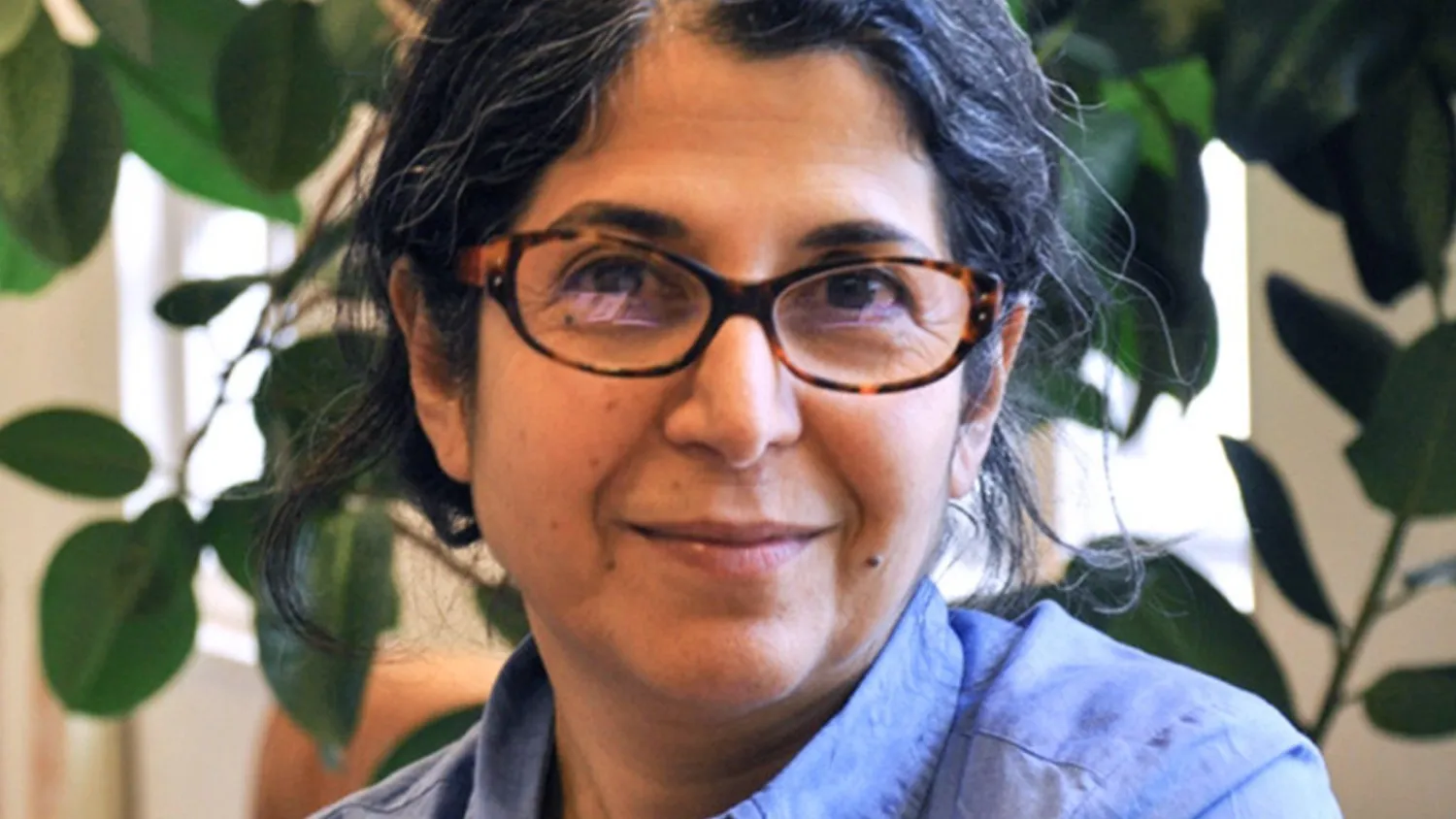French-Iranian academic Fariba Adelkhah on Friday marked one year of incarceration in Iran as Paris reiterated its demands for her release.
Adelkhah was arrested on June 5, 2019, and has been held behind bars ever since.
Last month she was ordered to serve five years in prison after being convicted on national security charges, in a verdict slammed by Paris as "political".
She is one of several foreigners and dual nationals being held by Iran in what activists condemn as a policy of hostage-taking aimed at pressuring the West.
Born in Iran in 1959 but living in France since 1977, Adelkhah has maintained her innocence, and colleagues and other supporters have rubbished the charges against her. She went on a 49-day hunger strike to protest her conditions.
"Fariba Adelkhah is a hostage of the Iranian government," Iranian Nobel Peace Prize laureate and rights lawyer Shirin Ebadi, who now lives in exile, said in a video message to mark the anniversary.
French President Emmanuel Macron on Friday called Adelkhah's continued imprisonment "unacceptable."
"My message to the Iranian authorities: justice demands that our compatriot be released immediately," he posted on Twitter.
“Today, I once again formally demand on behalf of France the immediate liberation by Iran of Madame Adelkhah," French Foreign Minister Jean-Yves Le Drian said in a statement.
"This ongoing situation can only have a negative impact on the bilateral relations between France and Iran," he said.
Adelkhah was arrested with her partner Roland Marchal, a fellow academic at the Sciences Po university in Paris.
Marchal was freed and returned to France in March after France released Iranian engineer Jallal Rohollahnejad, who risked extradition to the United States on accusations of violating sanctions.
Michael White, an American held in Iran for nearly two years, returned home this week after Iranian scientist Cyrus Asgari, who had been held in the United States, was allowed to go home.
Another Iranian scientist detained in the US, Majid Taheri, was also released at the same time, Tehran said.
In December, Iran also freed US academic Xiyue Wang in exchange for scientist Massoud Soleimani, and said it was open to further swaps.









